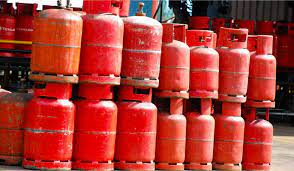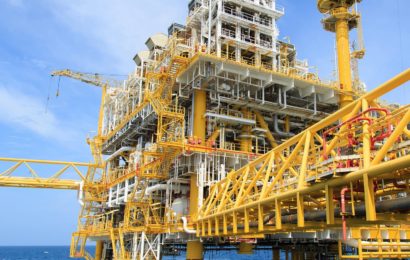
US President Joe Biden has ordered a major release of oil from America’s reserves in an effort to bring down high fuel costs.
The release of up to 180m barrels of oil over six months is the largest since the reserve was created in 1974.
Oil prices dropped on reports of the move, which is aimed at easing a supply crunch sparked by war in Ukraine.
But the release – of about 1m barrels a day – is unlikely to fully resolve the energy crisis, analysts say.
Mr Biden promised further action to boost US output, saying the release would “serve as [a] bridge until the end of the year when domestic production ramps up”.
He called for companies to pay extra if they choose not to use oil wells on land they lease from the government, as well as investments to speed up the adoption of greener energy sources.
Following Mr Biden’s remarks, US oil benchmark West Texas Intermediate was more than 7% lower at about $100 a barrel, while Brent Crude fell roughly 5.4% to around $107.
The soaring cost of fuel has become a major political issue around the world, including in the US, which hosts mid-term elections in November.
Mr Biden said the scale of the release from the Strategic Petroleum Reserve – which together amounts to less than two days of global consumption – was “unprecedented”.
Thursday’s announcement marked the third time in six months Mr Biden has moved to draw down America’s crude oil stockpiles
But the release of additional reserves is unlikely to be enough to compensate for lost supplies from Russia – the world’s second-biggest oil exporter after Saudi Arabia.
“While stock releases will help to keep a lid on prices in the short term, we think it will take an increase in global production to spark a sustained fall in prices,” said Edward Gardner, commodities economist at Capital Economics.
Brent crude – the global benchmark for oil prices – hit $139 a barrel earlier this month after Russia’s invasion of Ukraine and sanctions slapped on Moscow by the US and its allies.
Energy prices have fallen back since then, but oil is still almost 70% higher than it was a year ago.BBC






